Datsun Go Plus Review, Test Drive
With the Datsun Go Plus, the Nissan-owned company has successfully invented a budget-oriented compact-MPV with dollops of practicality and space. We get behind the wheel of the Datsun in Rishikesh. Here's our extensive review.
The Datsun Go Plus invents a whole new segment – that of the sub-compact MPV. So, does it offer enough space and practicality to give Datsun a fighting chance in the Indian market? We do our Datsun Go Plus to find out.
Let’s start with full disclosure – I didn’t expect much from the Datsun Go Plus. The Datsun Go Plus never really set my heart on fire. Sure, the only time I’ve ever really driven it has been on the Buddh International Circuit. Needless to say, it was the very definition of the phrase: ‘Like a fish out of water.’ But, then, can you blame it? To be fair, the only time an owner of a Datsun Go Plus would ever take it to a track day would be if he or she took a series of (very) wrong turns. Sure, Nissan may be Datsun’s parent company, but, as we felt after doing our Datsun Go, a Datsun Go Plus is as loosely related to a GTR as a walrus is to a leopard.
On the road, during our Datsun Go Plus, the car made a far stronger case for itself. And the Datsun Go Plus – well, in keeping with its arithmetic symbol – makes a far stronger case still. Let’s start with what I liked. Well, it’s got more space of course. With the third row of seats stowed, it has 347 litres of space – which was sufficient for multiple pieces of luggage, two sleeping bags, folded tents, chairs and a picnic basket. The engine may come close to rattling off its mountings at idle, but it’s actually pretty adequate. In fact, it’s geared such that power delivery at low speeds is reasonably urgent. And I, for one, quite like the thrum of three-cylinder engines. You may call them unrefined, but I say they add character. And while this 1.2 litre three-cylinder lump may only produce 67 horses, and may not rev much past 5,000rpm, it’s actually not that hard to keep it in the power band since the five-speed box is an absolute joy to use. I love centre console mounted shifters – they remind me of touring cars! The gear lever falls perfectly to hand, and the throws are actually very satisfying. Some would have you believe that there’s more joy to be had from wringing out a small engine mated to a good transmission than a V6 mated to a lazy automatic. I’m one of those few...
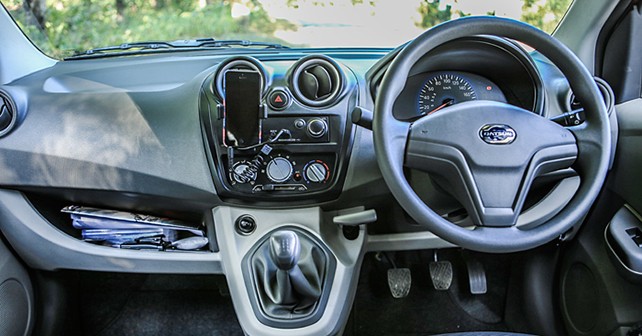
But, really, in slow speed traffic conditions – in first and second gear – the power delivery is quite adequate. It’s when you get up to higher speeds that you find some flat spots in the engine – but it’s nothing that a little patience won’t solve. Where the car excelled during our Datsun Go+, though, was on roads that looked as though they ought to be on the surface of the moon rather than a national highway. Of course, it benefits from large wheel travel and the tall sidewalls of the 155/70 R13 tyres. But, it also has fairly sorted suspension that absorbs most of what our roads throw at it. Moreover, the handling is also pretty good. In fact, the additional 39kgs added to the kerb weight could also have improved weight distribution slightly, because the Datsun Go Plus actually felt very well balanced when I threw it at the bends on the circuitous roads adjacent to the Ganges in and around Rishikesh.
The steering is nicely weighted too. It has no feel whatsoever, but that would be too much to ask – most electronic power steering systems don’t. The important thing, though, is that it’s not overly light and weighs up nicely at speed. All of this means that, dynamically, it’s actually quite impressive. In fact, I even enjoyed hurling it at some of the sharper bends in the hills of Uttarakhand to wring every ounce of performance that I could from this Datsun.
The name Datsun, after all, still conjures up images of the 240Z in my mind. The first Z was a machine that revolutionised the sports car space. It brought affordability and reliability to the exotic realm of sports cars and, therefore, democratized this elusive breed. And while the Datsun of today is also trying to democratize four-wheel transport, I feel that they’re going about it all wrong. For starters, I think Datsun desperately needs a halo car to re-establish the brand in the right spirit. They have shown some inclination to go down this road, and I can only urge them to race down this path before it’s too late.
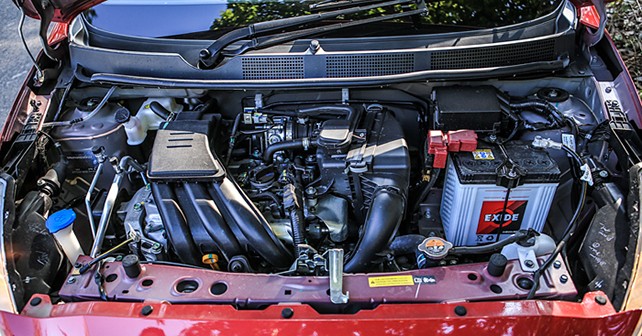
Secondly, I think they’re taking the concept of ‘frugal engineering’ a little too far. Sure, it sounds great in a PowerPoint presentation and makes for excellent spread-sheets, but in the real world it only works to a degree. The idea behind the Datsun Go Plus is a great one – a sub-compact MPV is actually quite genius – but the product is undermined by some pretty questionable omissions. It doesn’t have an external latch for the rear hatch for starters. So, every time you need to pop the boot you have to reach for a small lever that sits alongside the driver-side seat rail. The wing mirrors don’t have levers to adjust them from inside the cabin. The driver doesn’t get a switch for the passenger-side power window. That’s in the front. The third row – which is just about big enough for small children – gets only lap belts, while the seat belts in the middle row are all but useless as well. The seats, themselves, are actually quite comfortable in the front row, but it goes decidedly downhill from there. Let’s just say that passengers in the second and third row aren’t exactly going to keep you on their Christmas card list. The headrest – if it can be called that – in the second row feels like its made from play dough (if not the entire seat itself).
The Datsun Go Plus was an opportunity for Datsun to address some of the shortcomings of the Go. Clearly, the flimsy cradle that’s meant to hold your smart phone and do away with a traditional radio hasn’t been a resounding success. Neither has the bench seat in front, or the dashboard mounted handbrake that harks back to the glorious ‘80s.
The folks at Datsun say that the Go and Datsun Go Plus are aimed at first-time drivers, so presumably they shouldn’t necessarily have to adapt to these idiosyncrasies – and, therefore, should be more accepting. But, really, there’s something to be said for peoples’ need to follow convention. The Nano, for instance, wasn’t able to break convention because it symbolised a compromised product in the minds of the consumer. And it would be a real shame to see Datsun befall a similar fate, because it really is a very well engineered product.
The Datsun Go Plus not only drives well, but it also offers a great deal of space and practicality at a great price. It’s expected to be priced under 5 lakhs, which means that it’ll directly take on the hatchbacks at the heart of our market. I, for one, really enjoyed driving it and would strongly consider it. The compromises however – epitomized by the cheap 13-inch Chinese tyres on the car – keep it from making a serious case for itself. That being said, it does offer a great deal of space for the money. And that’s an offer that can be very alluring indeed – something that could make car buyers sit up and take notice in a way that they never did with the Go!
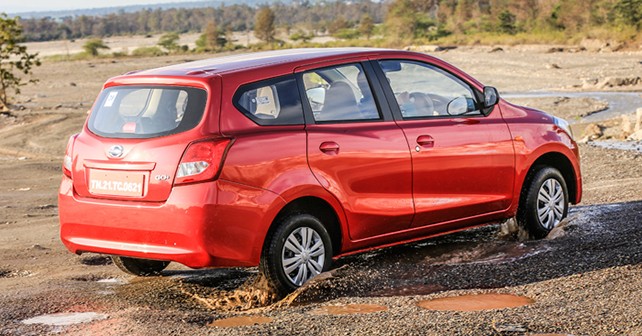
Engine: 1,198cc / 3 Cylinders / 12 valves / DOHC
Fuel: Petrol
Transmission: 5-Speed Manual / Front-Wheel Drive
Power: 67bhp @ 5,000rpm
Torque: 104Nm @ 4,000rpm
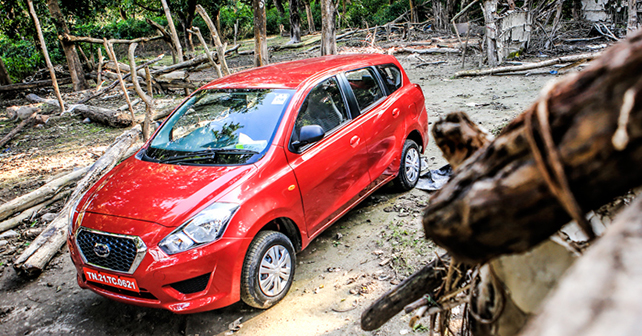
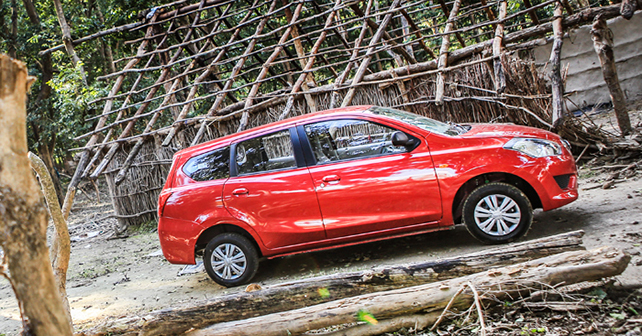
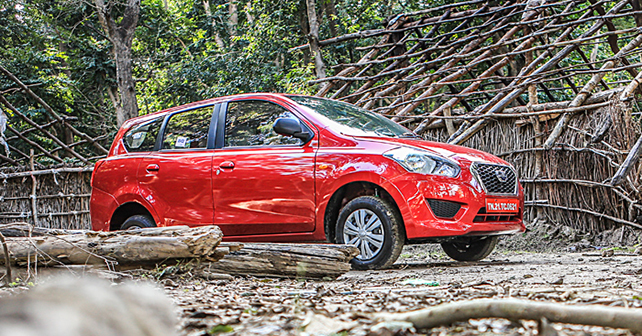
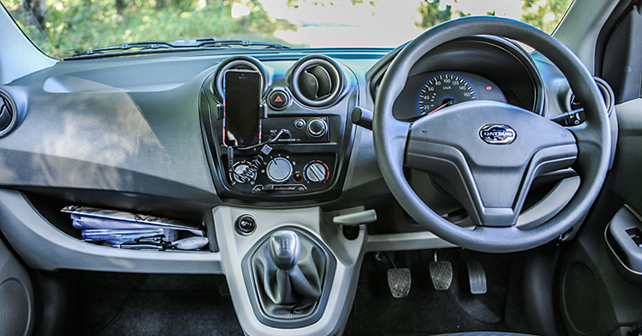
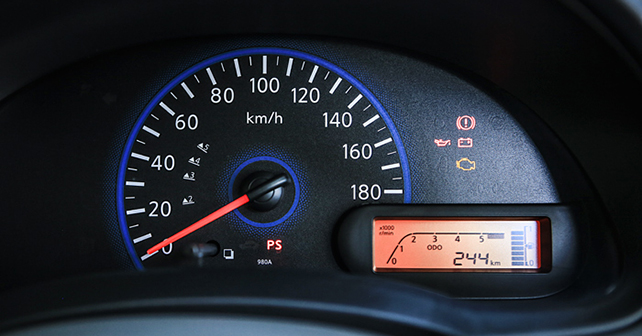
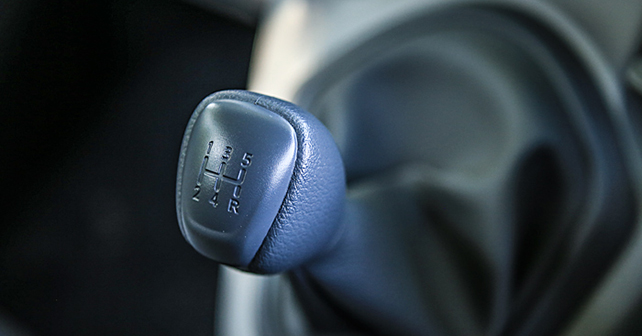
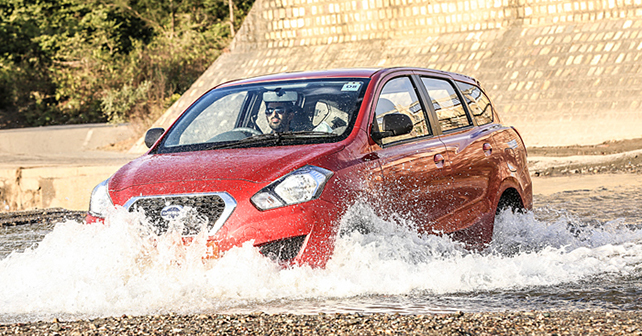
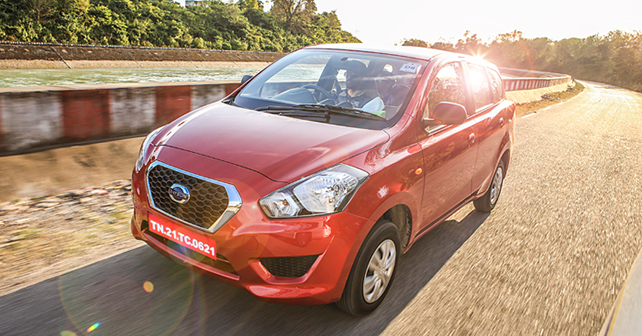
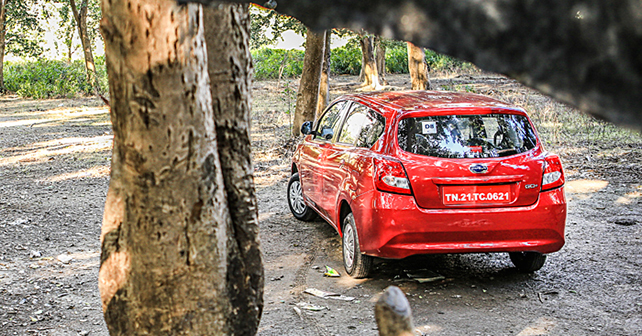
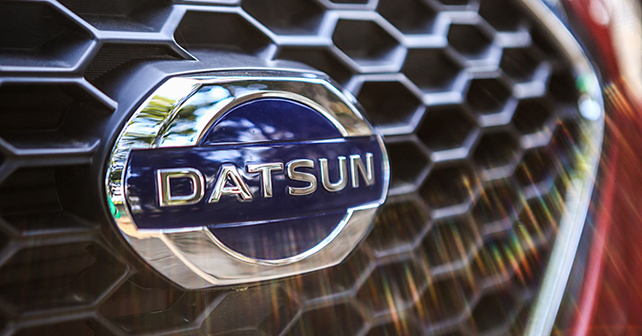
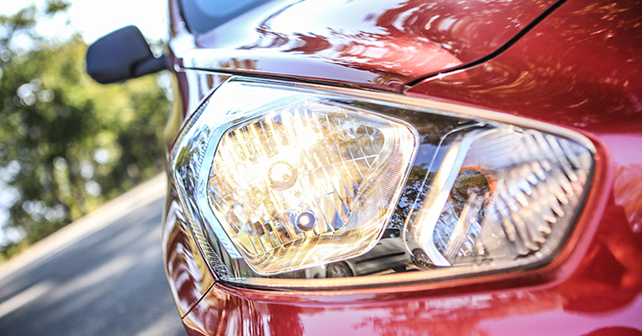
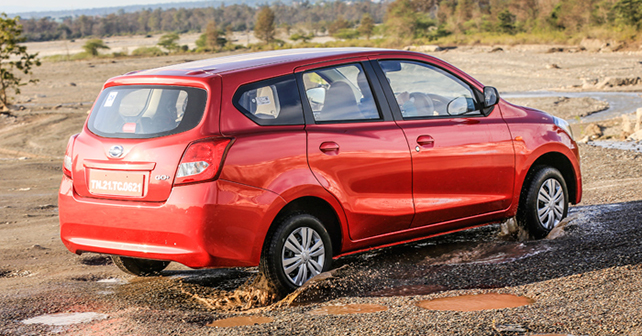
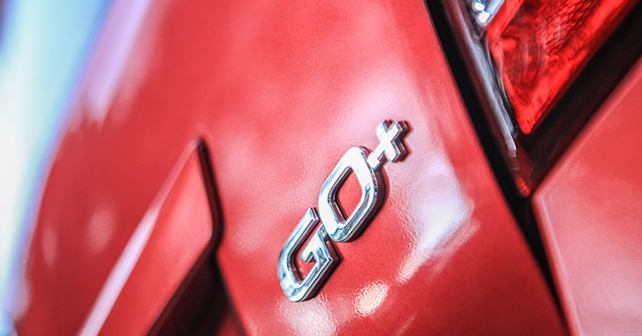
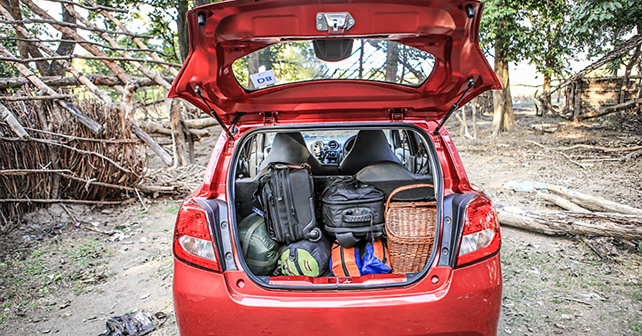
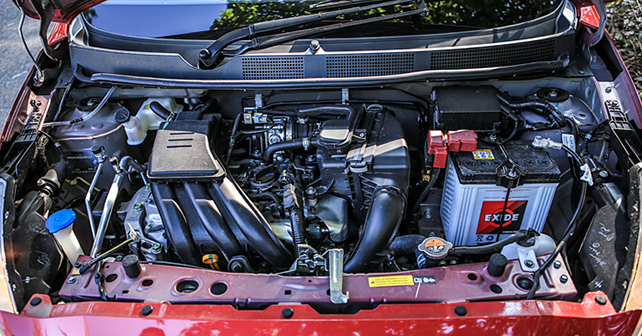
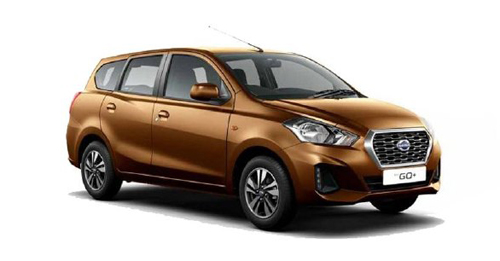
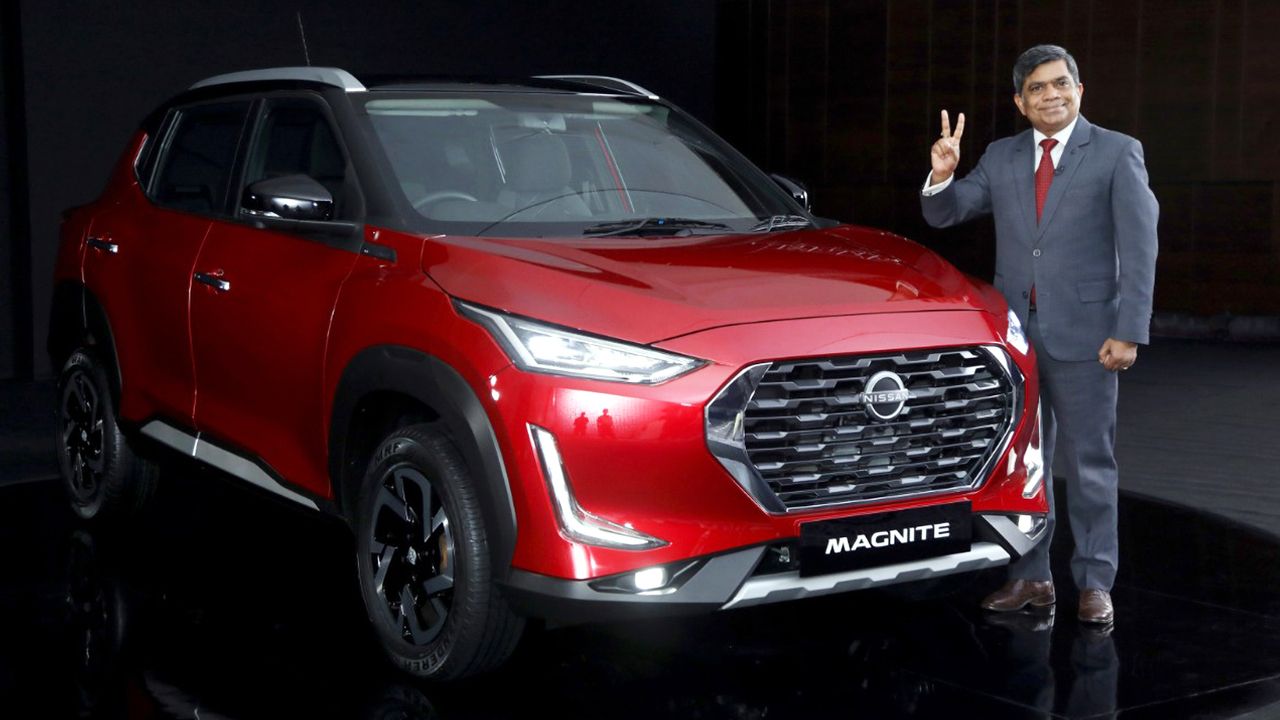
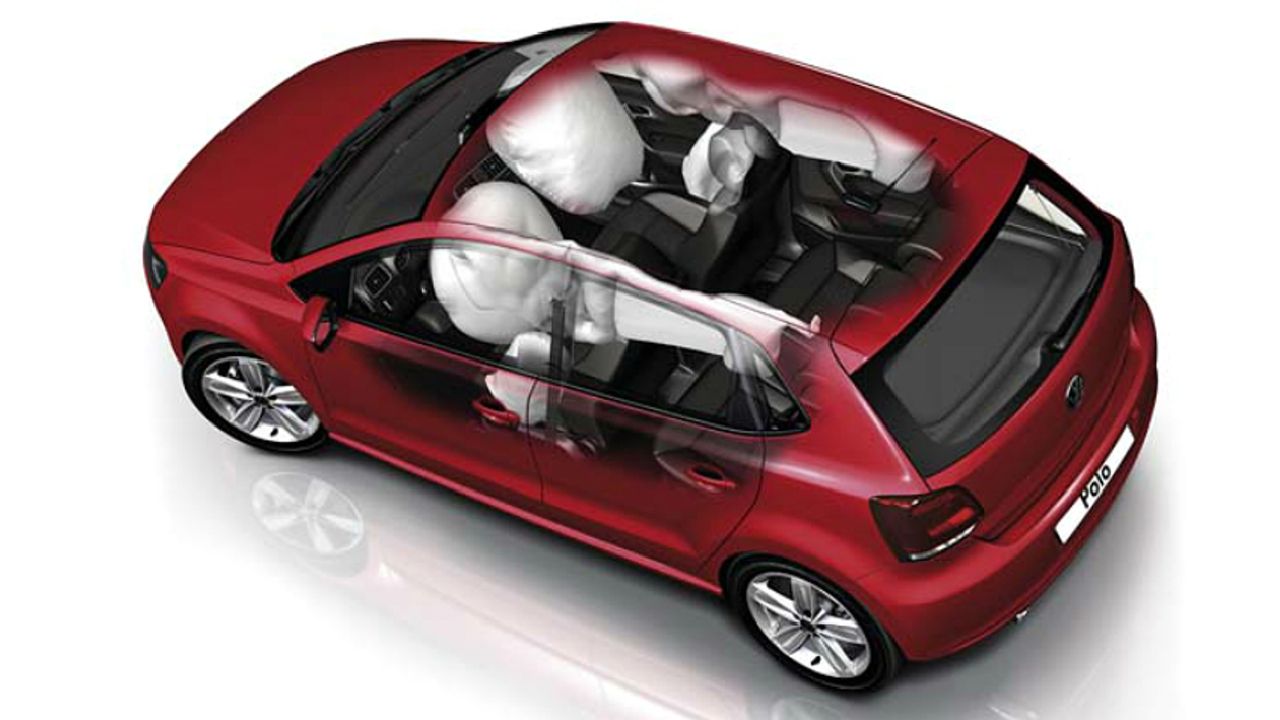
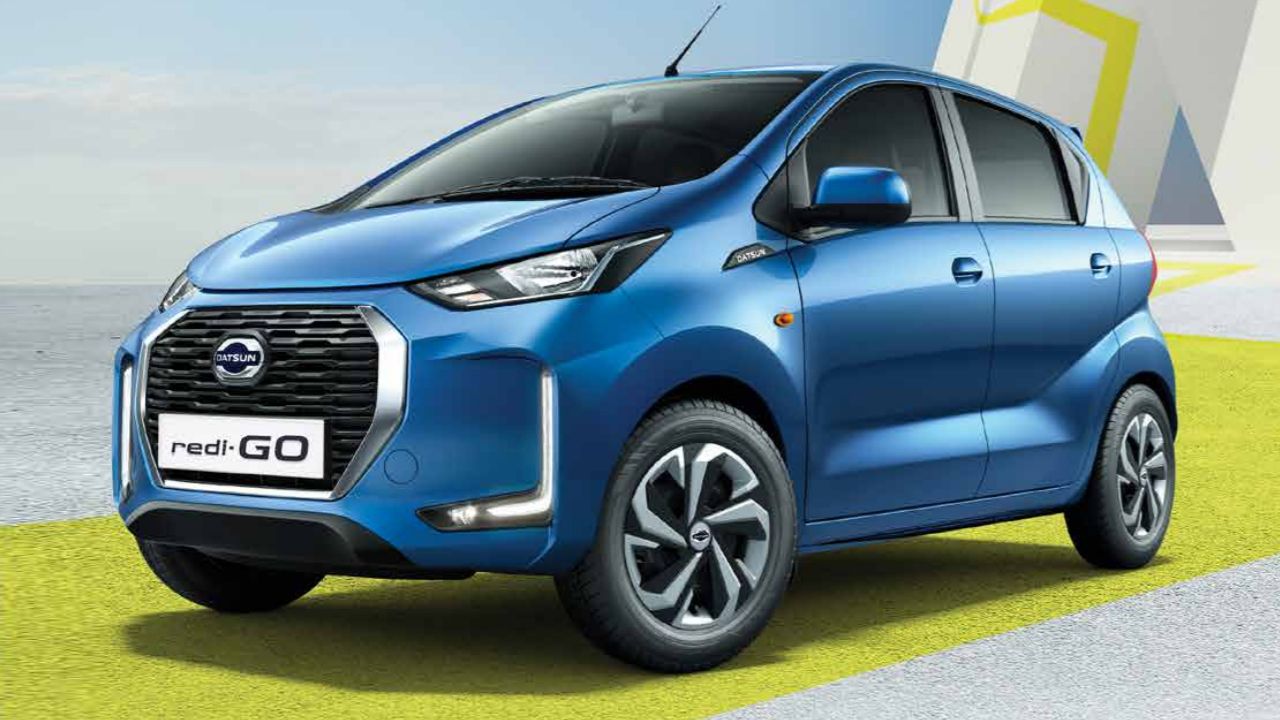
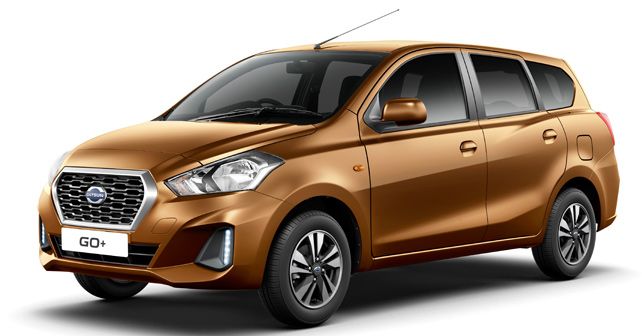
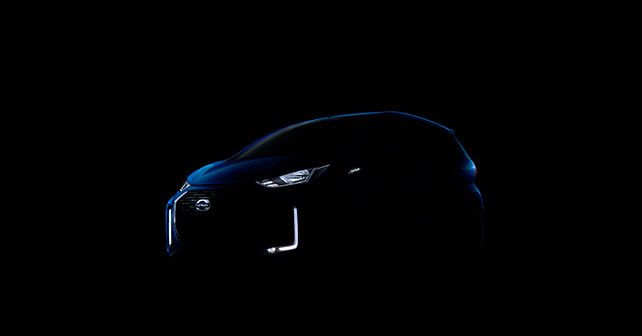
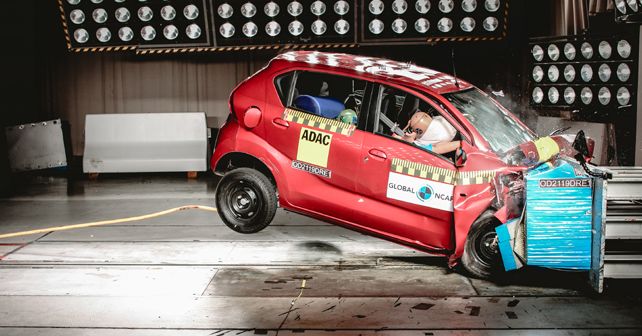
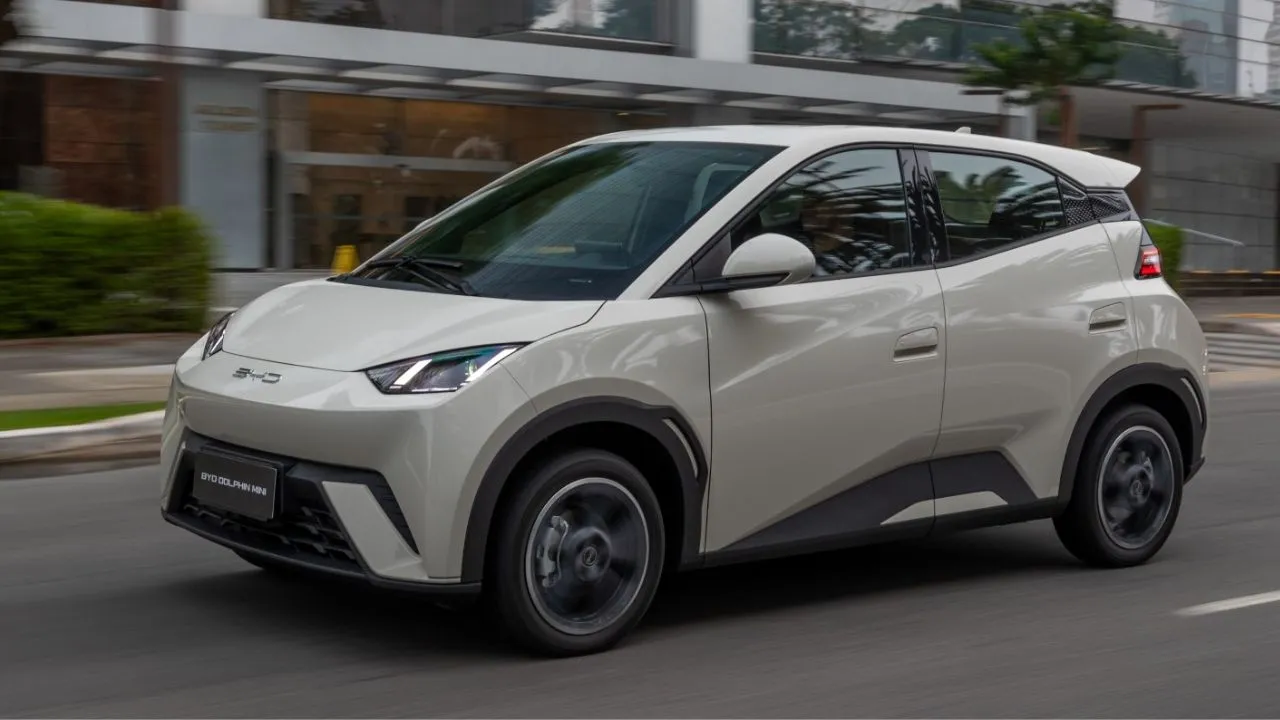
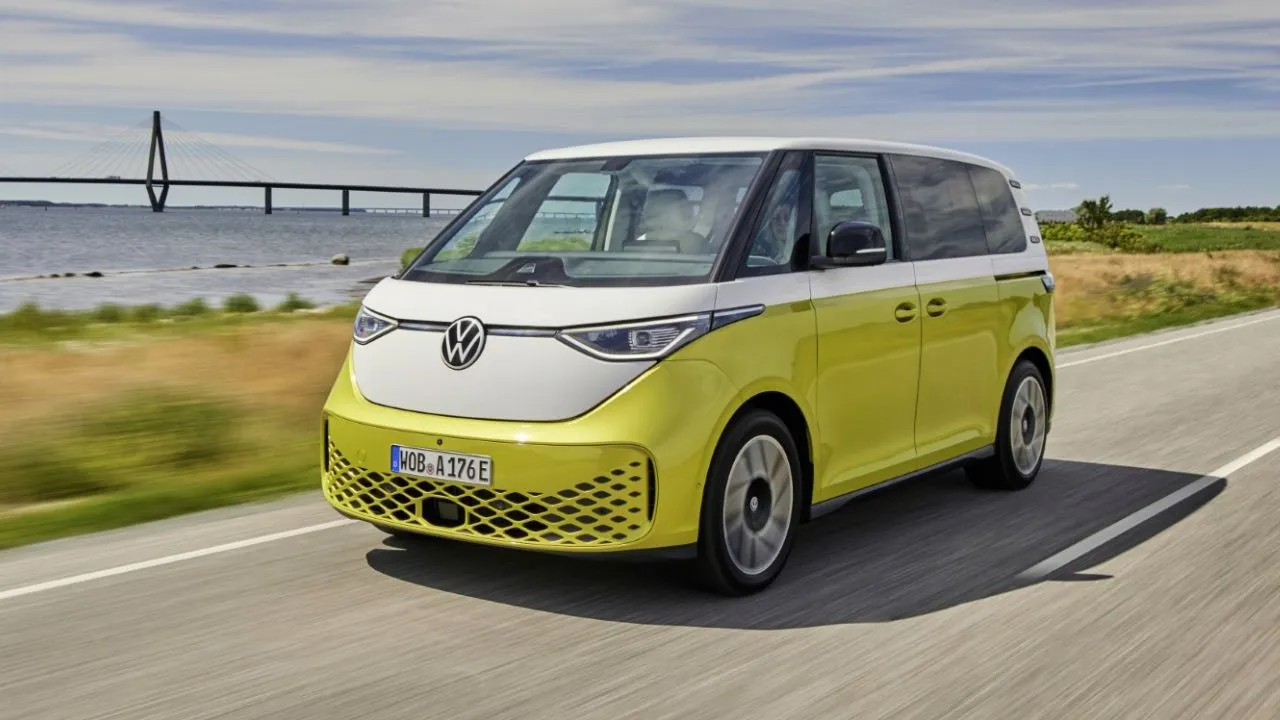
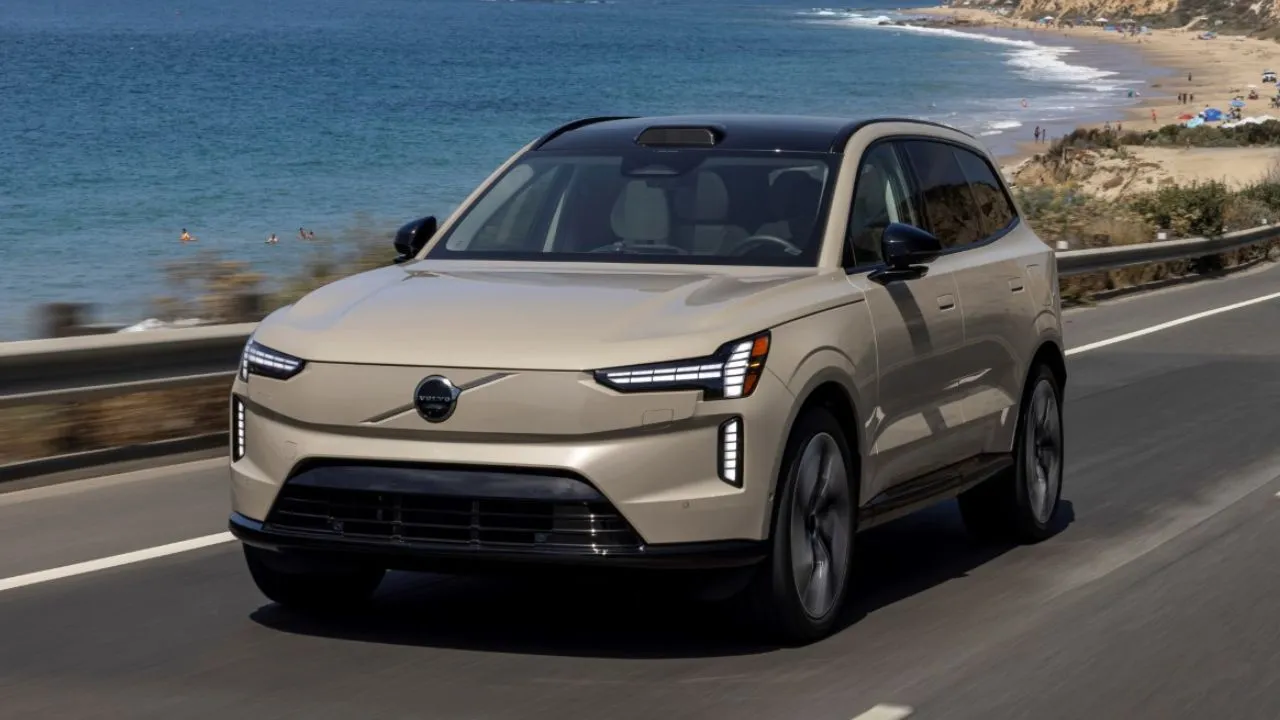
.webp)
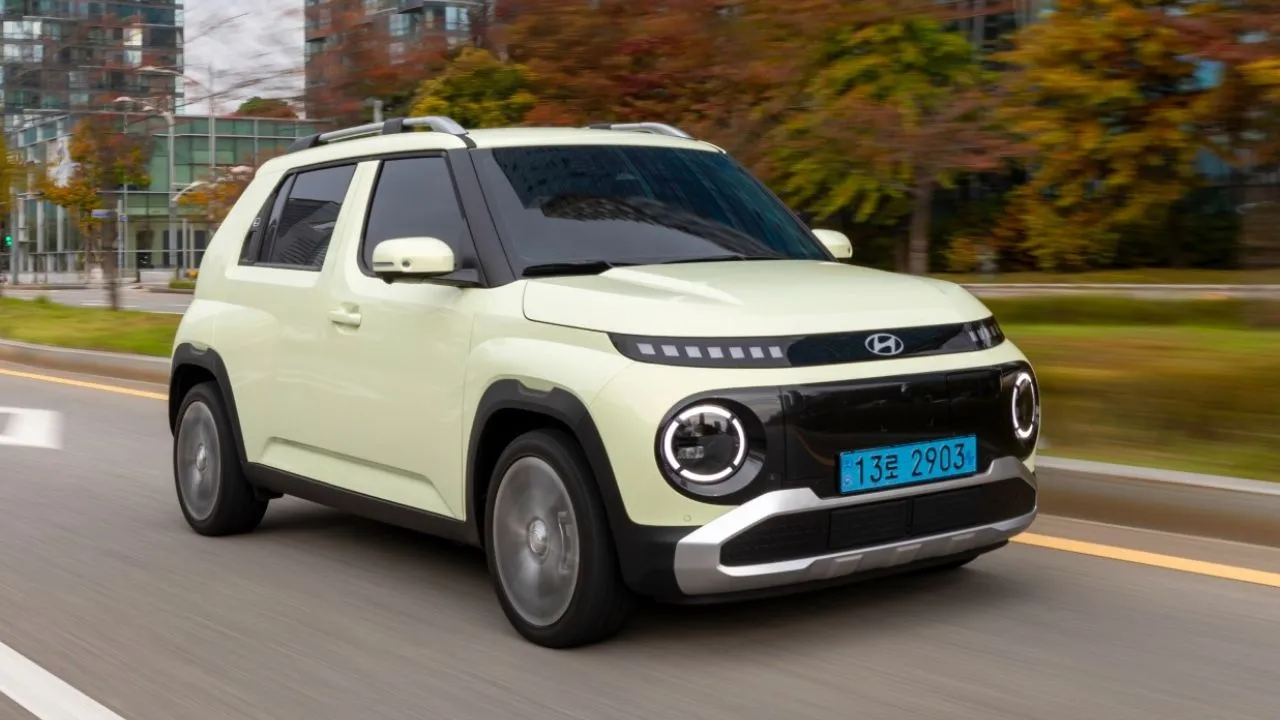
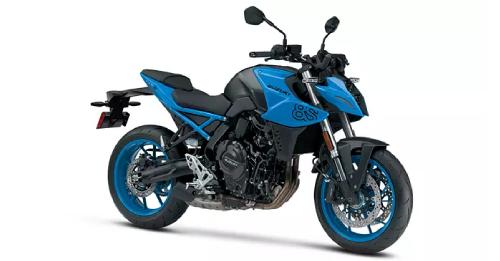
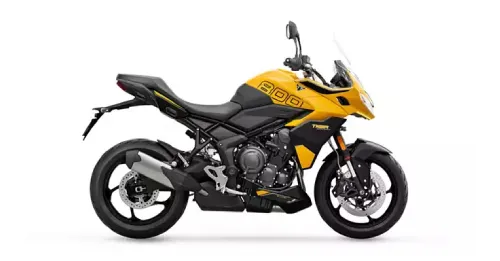
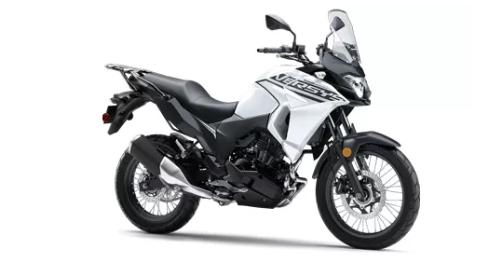
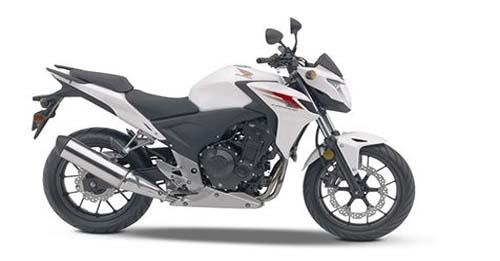
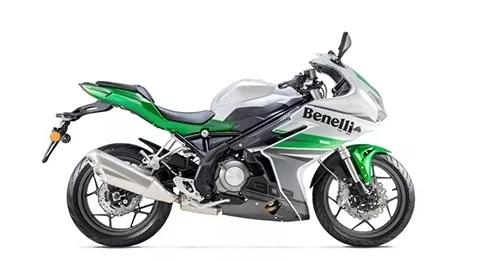














Write your Comment on